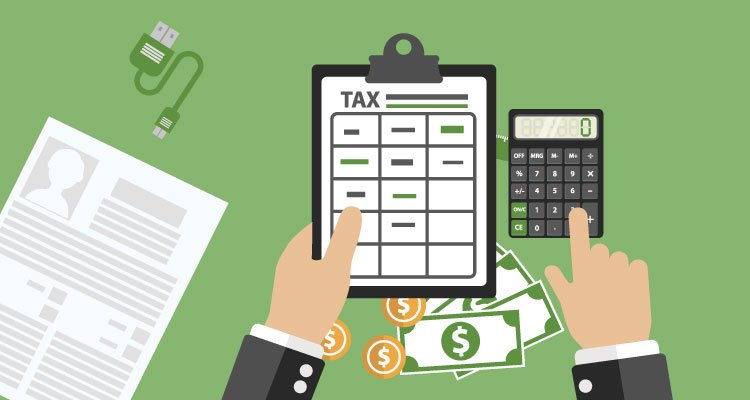Finding out that you owe taxes can be a bit unnerving, especially if you owe more than what you expected. Don’t worry — it is not the end of the world if you’ve gone through the numbers and you’re left with a tax bill. Here are a few steps to take:
Table of Contents
ToggleGet Ahead of It
You can’t run from the IRS. They will eventually find you, and they’ll eventually come looking for their money. If you don’t pay, interest and fees can increase the amount you owe so it’s better to make some decisions about the bill now instead of putting it off.
If you’re in over your head, it may be a good idea to schedule an appointment with a tax professional. The cost of hiring a tax accountant may be offset by tax savings they can find you through different credits and deductions.
Set Up a Payment Plan
The IRS offers installment payment plans. The short-term installment plan is free if you can pay within 120 days. There are also long-term installment plans that are longer than 120 days. However, long-term plans have a small fee. Fees may be waived if you’re determined to be low-income. You can apply for a payment plan online or over the phone. You can also restructure a payment plan online. Learn more about the interest and penalties on this IRS notice.
Borrow Money to Pay Off Your Taxes
For people who prefer not to owe money to the IRS, a personal loan or credit card could be an alternative. Borrowers with great credit could qualify for a personal loan interest rate that’s more competitive than what the IRS offers. Plus, there are products like balance transfer cards that may offer 0% APR for 12 to 21 months.
You can create your own installment loan that has zero interest by charging your tax bill to the card and paying it off within the interest-free period. Just be mindful that the IRS may charge you a fee when you pay taxes with a credit card. That’s something you should consider in the cost-effectiveness of this payment method.
Personal loans may also have application or origination fees. Compare the cost of all options — borrowing money to pay off the bill or making an installment arrangement with the IRS.
Plan for Next Year
A stress-free tax season is a result of your actions the year before. It’s difficult to make changes late in the game. Come up with a strategy for this year now so you can be prepared the next time around. Consider forming a relationship with one tax accountant that you can meet with every so often about that state of your taxes. Running a business and paying taxes comes with its own unique set of challenges. A professional can help you make decisions.
Final Word
Owing taxes can be stressful. Take a deep breath and put your problem-solving cap on. Look up your options for payment plans and consider other forms of payment. Don’t be afraid to speak with a tax professional if you need help.














